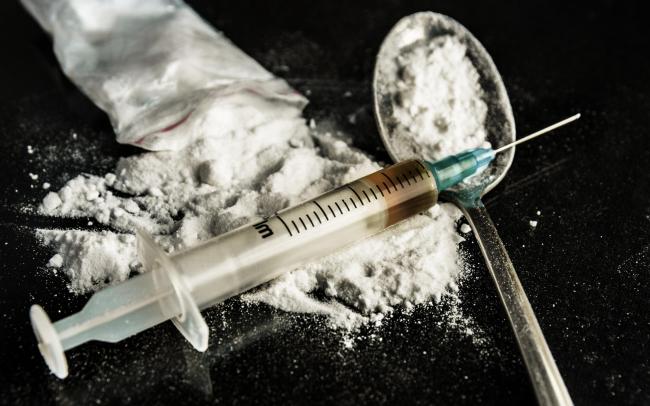Addicts in early recovery face a seemingly endless list of triggers because the memories of drug and alcohol use are recent and familiar. As time goes by, the list of triggers that could send an addict into relapse begins to recede.
Still, some of those triggers are extremely persistent. I recall back when I was a smoker, I had a habit of lighting a cigarette when I got into the car. After a while, it became a conditioned response. There is no definitive connection between cars and cigarettes, but it didn’t matter. I still connected the two in my mind.
Here are a few of the triggers addicts should look out for. Some are personal. Some are considered almost universal:
- HALT
HALT stands for Hungry, Angry, Lonely and Tired.
Addicts should find new ways to cope with each of these emotions. Certainly, some recovering addicts gain weight, but this might be a time to learn how to snack on healthy foods when hunger strikes. Healthy responses to being angry, lonely and tired are worth pursuing, as well.

- Emotions
Emotions, in general, can feel strange to a recovering addict. Substance abuse can dull emotional responses so that an addict either feels only muted versions of them or doesn’t feel them at all. Being clean and sober can be like having your eyesight restored. Emotions can be shocking and difficult until you become used to them.
- Stress and Anxiety
Stress is an emotion, but it’s a particularly common one that can sneak up on you. Addicts may have to learn or re-learn how to deal with stress and anxiety during recovery.
- Over Confidence
Overconfidence in recovery is a slippery slope. Often, it’s pure denial. It’s when a recovering addict thinks they have gotten control of their addiction, so why not just go back and use drugs or drink again. After all, now they believe they can quit anytime. This is a fallacy and a dangerous rationalization.
- Illness and Feeling Sorry For Oneself
Recovering addicts get injuries and come down with illnesses the same as the rest of us. What do we do to alleviate pain? We reach for medication. Recovering addicts need to stay away from the wrong medications and not use these events as justification for relapse.
- Positive Emotions
Call this the Celebration Syndrome. When good things happen, many people acknowledge the occasion by having a drink. When great things happen, they have a party. These can be full-blown triggers for recovering addicts
- Availability
Speaking of parties … just having drugs and alcohol within reach is a sure-fire trigger for many recovering addicts.
- Guilt, Remorse, and Shame
These three emotions require their own category because these are emotions recovering addicts might have to confront as they recall their days abusing themselves. They might feel guilty about what they have done and feel remorse and shame.
Shame is often a trigger within a trigger as addicts often fall into a shame-abuse cycle. They go out and abuse drugs or alcohol. They wake up and feel ashamed of themselves for being seduced again by the power of the addictions. So they use drugs or alcohol to rid themselves of the shame. Then they wake up and feel ashamed again and the pattern continues. Shame becomes an emotional trigger and a conditioned response, as well.
